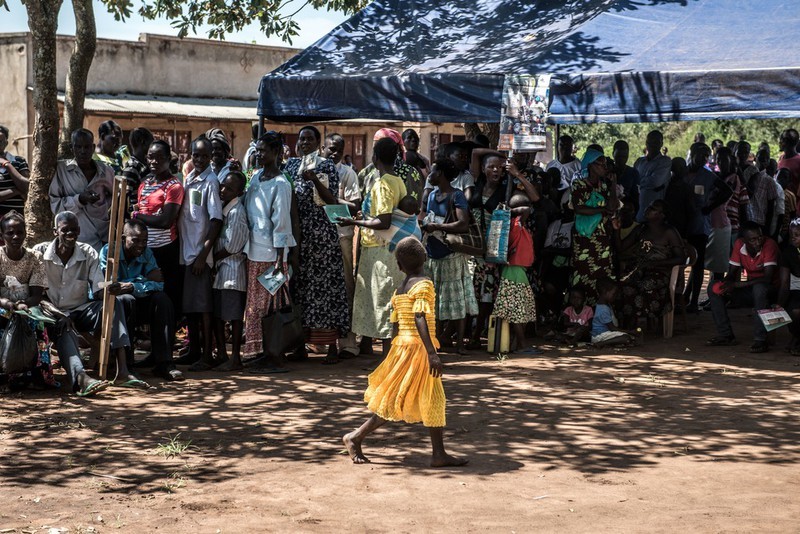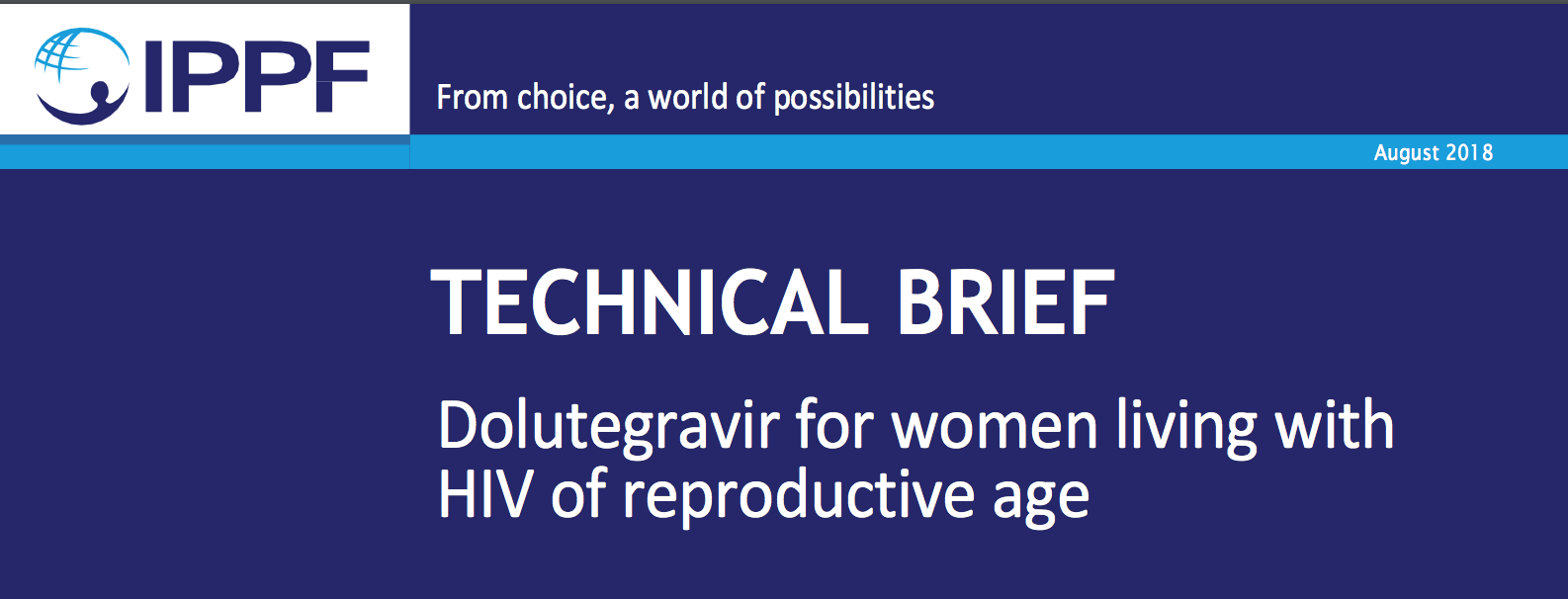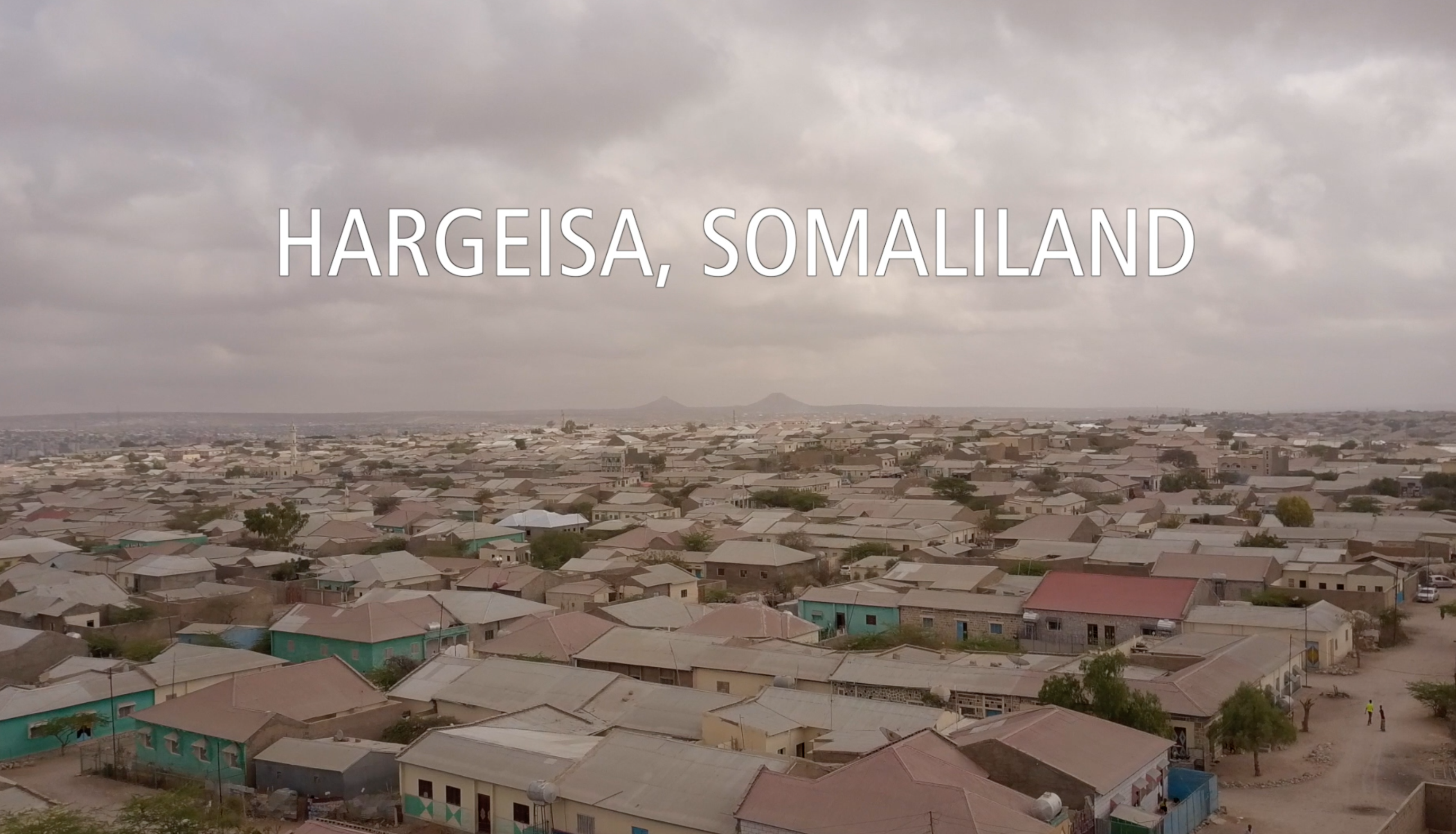Spotlight
A selection of resources from across the Federation

HIV Theory of Change
Our HIV Theory of Change is to clarify the goals and vision of IPPF’s HIV programme and to articulate the different pathways and strategies IPPF uses to contribute towards its HIV goals and vision.
Filter our resources by:


| 30 October 2018
Watch: Ending child marriage in Malawi
Malawi has one of the highest rates of child marriage in the world. It's estimated that 47% of women and girls are married before the age of 18. In 2017 to help combat child marriage, Malawi changed the legal age of marriage to 18 but despite the change in the law, early child marriage still occurs in many villages. IPPF member association, Family Planning Association of Malawi (FPAM), is teaming up with social workers and local community leaders to form community watch groups, to help end child marriage.

| 09 October 2018
Quiz: What do you know about girls?
What do you know about girls?11 October marks International Day of the Girl Child, a time to recognize girls’ rights and the unique challenges they face around the world. Find out what you do and don’t know about these issues in our quiz. Warning: may contain information some find upsetting.How many girls below the age of 18 are there in the world?How many girls are at risk of female genital mutilation (FGM) each year?Annually, how many girls around the world aged 10-19 are subject to unsafe abortions?Of all sexual assaults globally, how many are committed against girls aged 16 or younger?How many girls worldwide are child brides, i.e. married before the age of 18?Good try! If you learned something new today, scroll down to share this with friends :point_down:Great work! If you learned something new today, scroll down to share this with friends :point_down:

| 02 August 2018
Technical brief: Dolutegravir for women living with HIV of reproductive age
In May 2018, the World Health Organization (WHO) reported a potential safety issue concerning dolutegravir (DTG), a common first-line antiretroviral treatment drug that is used to prevent and treat HIV infections. Preliminary findings from a study in Botswana found an increased risk of neural tube defects in infants born to women taking DTG at the time of conception. As a result of this study, WHO’s revised guidance on antiretroviral regimens for treating and preventing HIV infections, released in July 2018, include a caution on use of DTG by women and adolescent girls of childbearing potential. This brief aims to provide an overview of the research to date, current WHO guidance, and recommendations for IPPF.

| 17 May 2018
Watch: Hope on the Horizon: FGM in Somaliland
Female genital mutilation (FGM) is a procedure that involves altering or injuring female genitalia for non-medical reasons. It is estimated that almost 200 million women and girls worldwide have undergone some form of FGM. FGM has been recorded in 30 countries with Somaliland having one of the highest prevalence rates in the world at 98% for women and girls aged between 15 - 49 years old. Hope on the horizon documents the hard work IPPF member association SOFHA (Somaliland Family Health Association) is doing within the local community to help change minds and eventually bring an end to female genital mutilation (FGM). Slowly, but surely, attitudes are changing.
| 15 March 2018
Integration of DMPA‑SC into the method mix contributes to increased uptake of all methods of family planning
Injectable contraceptives are an increasingly popular method of family planning. They are safe, discrete, highly effective, and generally last for several months. Sayana® Press, also known as subcutaneous depot medroxyprogesterone (DMPA‑SC), is a lower‑dose formula version of the already popular injectable Depo‑Provera. DMPA‑SC combines the drug and needle in a single‑use unit, which makes it easy to transport and simple to use with little training. DMPA‑SC can be administered by community health workers (CHWs) and women themselves – potentially making injectable contraceptives available to women who can’t easily travel to clinics.
| 14 March 2018
IMAP Statement on emergency contraception
Emergency contraception (EC) refers to any contraceptive method that can be used after having unprotected or inadequately protected sexual intercourse (UPSI) but before pregnancy occurs, providing women with the opportunity to prevent an unwanted pregnancy. EC is a safe and effective method for preventing unwanted pregnancy and can reduce the risk of pregnancy by up to 99%. In spite of its effectiveness, EC is not frequently used. In many countries, women face barriers to accessing EC. The majority of women in low‑income countries are unaware of EC. Moreover, some providers have negative attitudes toward providing EC to women and girls.















